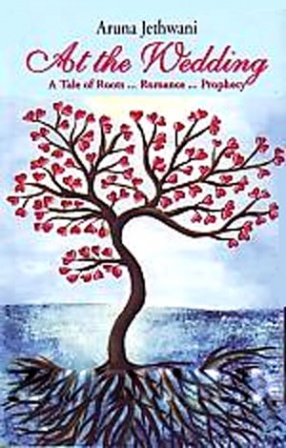
Promila & Co. Publishers

Showing all 9 books

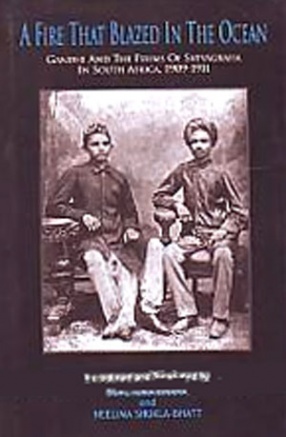
This book publishes 35 poems that appeared in the Gujurati section of the Indian Opinion from 1909 to 1911. The Indian Opinion was a newspaper edited by Mohandas K. Gandhi (1869-1948) while he was in South Africa. Most of them were composed by Indians in South Africa who took part in the satyagraha movement (1906-1914) or were close observers. A few came from poets in India. All the poems were printed in Gujurati even though some were ...
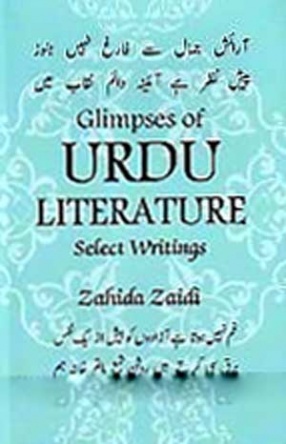
Here is a collection of informative and perceptive essays on some landmark figures of Urdu literature. Diveded into three sections -- poetry, fiction and drama, in that order -- the galaxy is headed by Ghalib and Iqbal, the two fabled poets of Urdu. Flanking them are five outstanding modern poets, viz., Faiz, Sardar Jafri, Makhdoom Muhiuddin, Akhtarul Iman and Munibur Rehman. A general essay on the secular and humanist traditions of Urdu literature precedes the ...
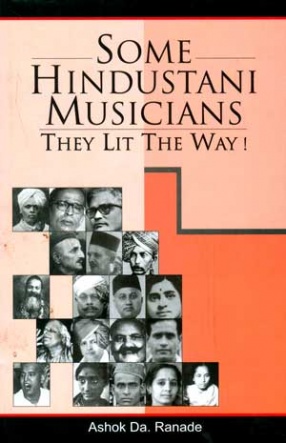
Today Indian Music has won a place of pride in the global musical heritage. Hindustani classical music and its vocal stream have been major influences in creating the larger Indian musical tradition. Music being a performing art lives in performance. These performances are obviously realized through performing ideas and their exploration by artists concerned. The identification of performing ideas provides the prime clue to the qualitative forces in any ...
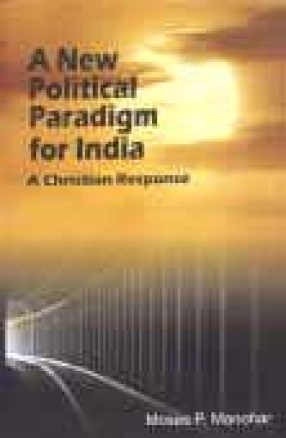
"Political governance in our postmodern days needs fresh ideas. The prevalence of poverty is an expression of injustice. This exposes the inability of politics to deal with the issues of truth and justice. In this book, the author brings out the major historical and philosophical discussions, which contributed towards the evolution of the state as an institution of politics, and democracy as a form of governance.The author believes that politicians will be ...
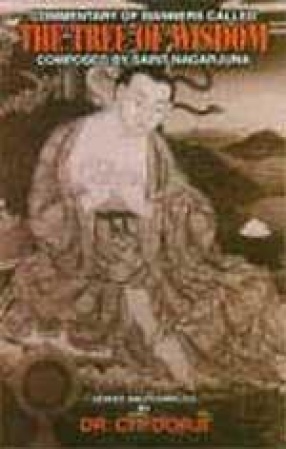
"Sherab Dongbu", the tree of wisdom is the commentary of manners or moral maxim having 260 verses composed by Saint Nagarjuna (Goenpo Ludrub) in 100 BC. The original text was in Sanskrit known as "Prajna Danda" which was translated into Chhoekay (classical language) in the 11 century AD and included in the Tenjur (commentarial canon) in section "DO", volume "GO" beginning at 165 leaf. It is incredible that the Chhoekay ...
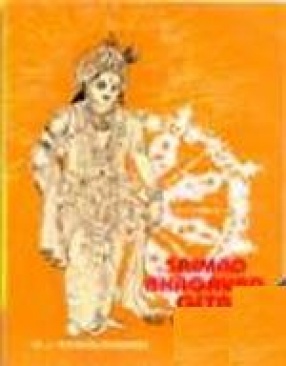
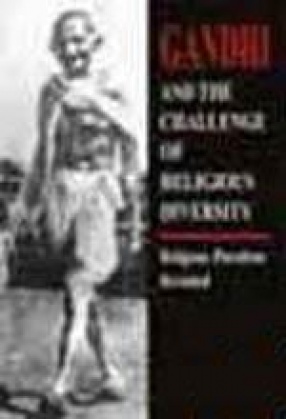
In this book the author relates Gandhi’s response to the challenge of religious diversity to his awareness of other pluralities – social, economic and political. To Gandhi, religion was not an isolated marker of identity. Beginning with his own Hindu heritage, his relations with Muslims, Christians, Jains and Jews are presented as the basis for his faith that separate heritages could be shared and all could engage in common tasks. His early contact with ...
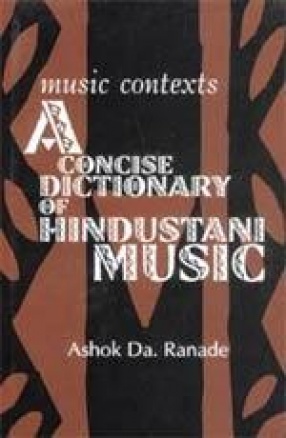
All rich, durable and varied cultural traditions thrive because of their presence in multiple contexts. Hindustani music is no exception. Arts, culture and life have shaped the multi-faceted personality of Indian music. Through this mechanism the performing and scholastic streams of Hindustani music have evolved to crystallize the totality of inherited and practiced musical knowledge. The resulting musico-cultural profile is both rich and complex! Therefore the ...
